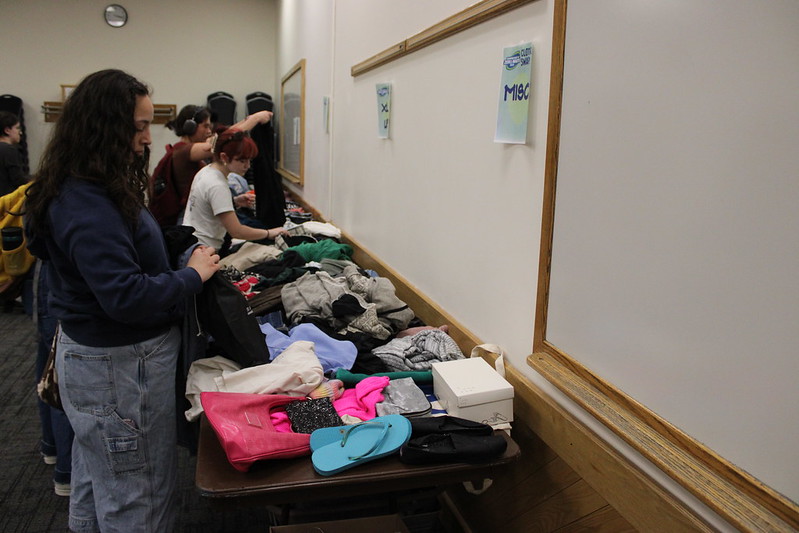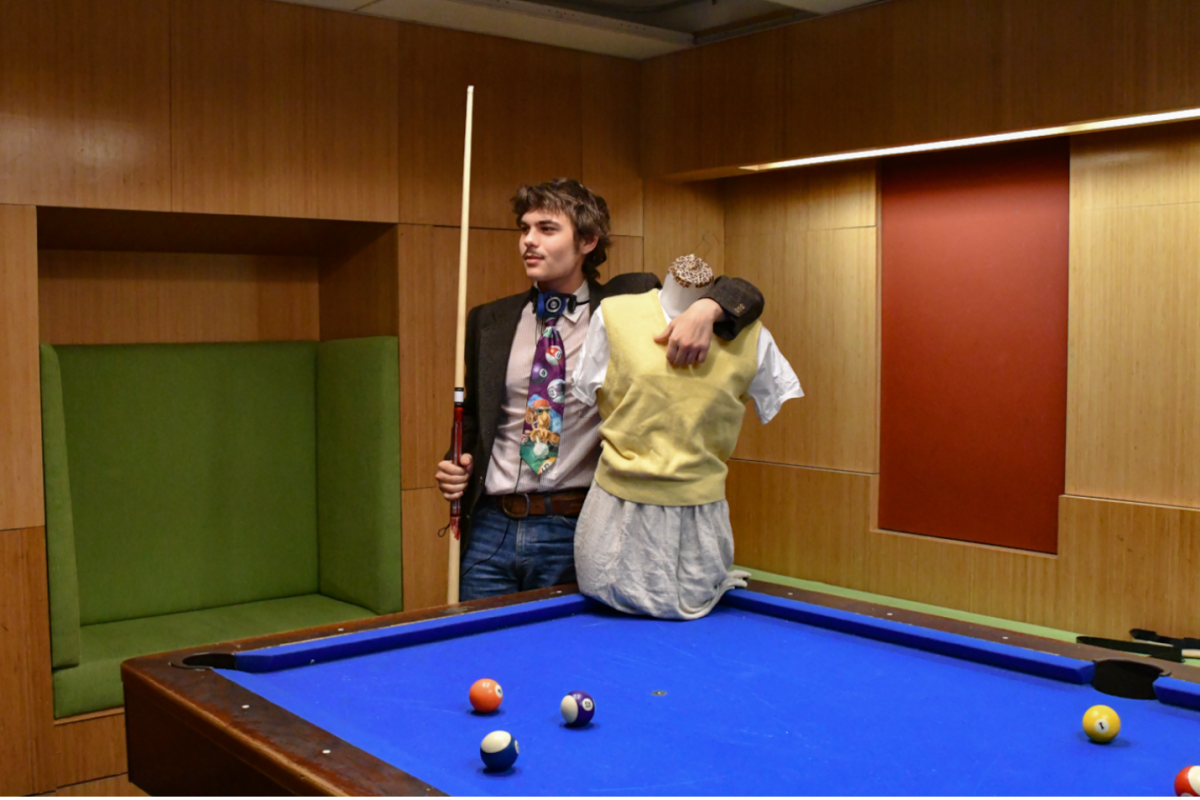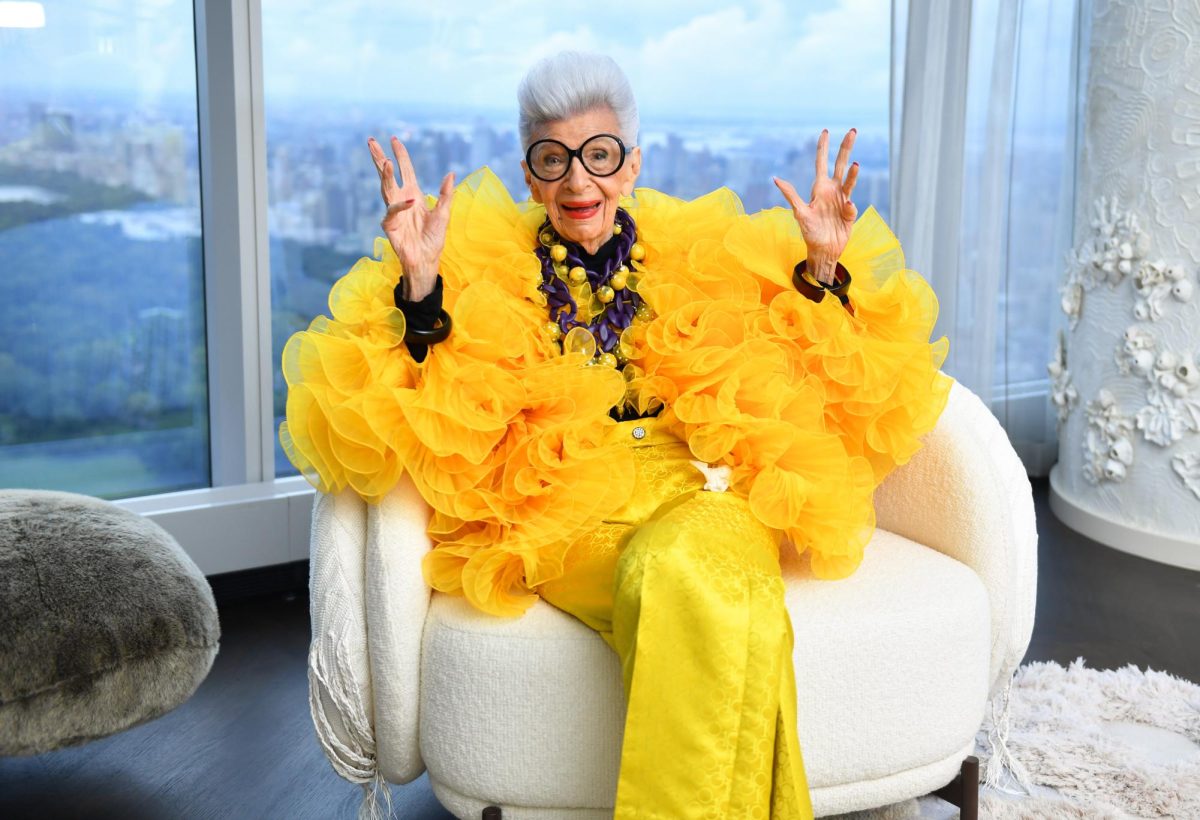Everyone is stuck at home right now, and many of you are likely looking for things to keep you busy and entertained. If you are looking for something to help you feel good during quarantine, try Netflix’s new series “Feel Good.” This series does not fall neatly into any genre, but it will certainly make you laugh, it will might make you cringe and it will no doubt make you feel something.
Written by Mae Martin and Joe Hampson, the show follows Canadian comedian Mae, played by Mae Martin, as she navigates her life in the UK. The driving force of the story is Mae’s relationship with an English girl, George (Charlotte Ritchie), who prior to Mae has only been in relationships with men. The show explores Mae’s struggle as a recovering addict in search of a fulfilling relationship, and George’s struggle to overcome her internalized sense of shame and confusion around being in a relationship with a woman.
The show offers a truthful portrayal of the ups and downs of navigating love in the modern world. The writers create a story that feels very truthful to the world we live in today. Much of the show is actually based off of Martin’s own experiences as a queer woman in the comedy world. Martin said in an interview with Vogue: “We wanted to tell a human story, and a love story–and it’s queer and about addiction because that’s my life.”
Martin and Hampson wrote very clever, sharp dialogue for the show, that flows at a natural pace. When Mae first sees George at her comedy show, she seems interested in pursuing her, but she is intimidated by her looks. However, they ultimately end up talking, and the chemistry between the two is instant. The relationship between Mae and George escalates very quickly and soon they are living together in George’s flat.
The main tension in their relationship is George’s reluctance to come out to her friends. She keeps Mae hidden away as a little secret, because she fears how her friends and family will react if they find out she is dating a woman. She lies and digs herself deeper and deeper into a hole because she is so afraid of telling the truth. Though George is reluctant to tell her friends and family about Mae, it is evident the two are very much in love despite being very different people from different backgrounds.
Whilst George is dealing with her own personal conflict, Mae attends NA meetings after being pressured by her mother (Lisa Kudrow). Mae has her own set of challenges in her relationship with her parents as she tries to fully overcome her addiction, but her mother wants to simply sweep the whole thing under the rug because it is too much for her to deal with.
Though the subject matter of the show may sound heavy, the quick-witted dialogue and Mae’s natural sense of humor helps maintain a perfect balance of funny and sad. There are some quite ridiculous moments intertwined into the seriousness of the show, like George’s strange, socially unaware roommate from LA, Phil. Also, Maggie (Sophie Thompson), an older women Mae meets at her NA meetings who becomes her sponsor, eccentrically helps lighten the narrative about addiction whilst still addressing the issue in a sensitive way.
Nothing about this show feels preachy or unnatural. The show tackles a lot of important issues like addiction, gender identity and queerness, but it does so in a subtle way. George’s love for Mae never feels fake, but her fear to tell her friends about Mae also feels very real. Mae, a queer woman and a recovering addict, does not feel like an archetype of these things. She is a fully developed human with so much more to her character than the fact that she is queer and a recovering addict. She is the heart of the show, the comedic relief and the tragic hero all in one.
In only six episodes, the show lets the viewers in on a very intimate relationship with the characters. The characters are wonderfully complex, they all feel fully real, so it is not difficult to feel empathy for these characters. The show is able to address serious issues without making it feel like a forced lesson. It realistically shows that even when people are dealing with heavy issues, there is always light and there is always time to laugh: a message many of us need at this moment with what the world is dealing with right now.
Nicole Bates can be reached at [email protected].



















